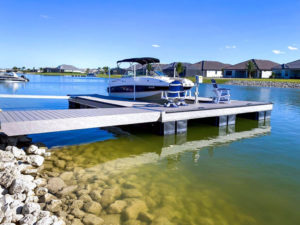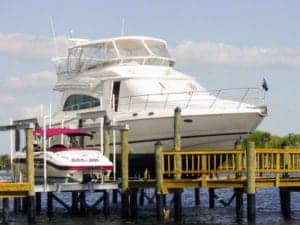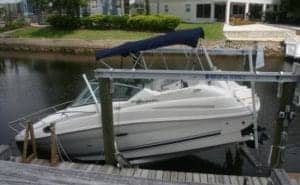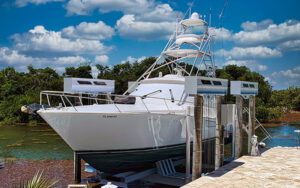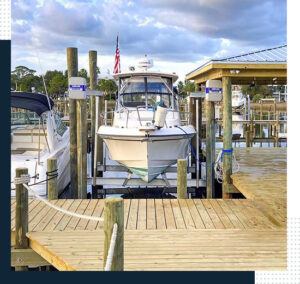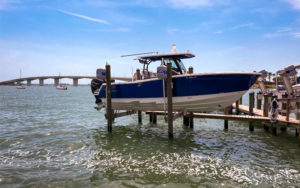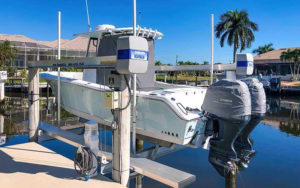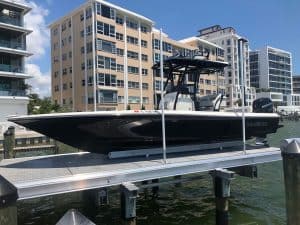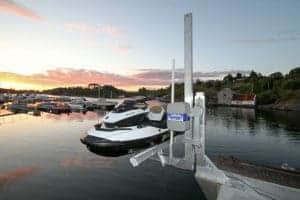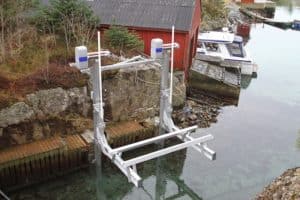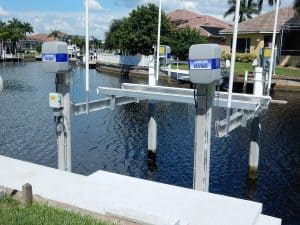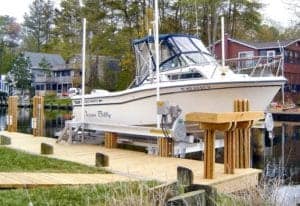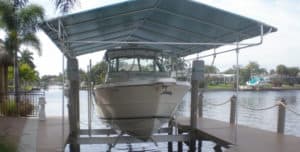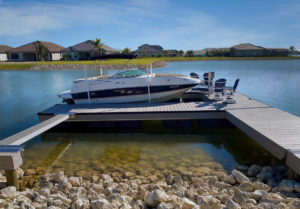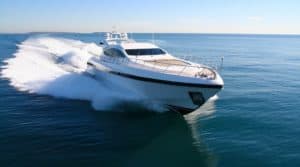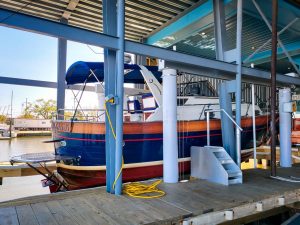How to Find the Best Marine Contractor
When it comes to your waterfront property, it is important to choose a marine contractor you can trust and who will respect your property. Careful selection of a knowledgeable and reputable marine contractor will often determine the quality and success of the project. It is critically important to choose an experienced contractor with expertise in the type of project that you intend. Some preliminary research into marine contractors will ultimately help to ensure the success of your marine construction project. First, one should obtain and read educational materials concerning the type of marine construction project to be performed. In addition to searching the web, publications addressing a variety of marine construction projects are available from Sea Grant and the U.S. Army Corps of Engineers. Once you have obtained sufficient background information, write down as much as possible about what you intend to have accomplished by the project. Knowing what you want ahead of time can help eliminate expensive midstream changes. You should describe the current condition of your property, clearly state how you would like your property to be improved, and specify any preferences for type of construction and final appearance. Potential contractors should be given as clear a picture of the project as can be provided, but should not have preconceived solutions presented to them. You will be best served if the contractors are free to propose a range of feasible designs from which you can chose a final project. Next, you need to identify potential marine contractors that serve your area. Some, but not all, marine contractors are in your local listings. Others have web sites on the Internet. You can also find marine contractors through their professional associations. For example, the International Marine Contractors Association (www.imca-int.com/), the Marine Contracting Network (www.marinecontractingnetwork.com/) and various state marine contractor associations (eg. Florida www.myfmca.org/, Maryland www.mdmarinecontractors.org/, etc.) all have excellent lists with contact information. However, one of the easiest ways to obtain names of potential marine contractors is to walk the shoreline by your home. Existing projects should be inspected and discussed with the owners. Ask the homeowner if the contractor had the proper equipment to successfully complete the project, if there were there any unusual problems during or subsequent to the work, how long ago was the project completed, is the owner satisfied with the way it has performed and would they use this marine contractor again. After several companies have been identified that perform the sort of work being proposed, contact them and provide the details of your project. Each company should be invited to personally inspect the project site. Allow ample time for them to adequately review the project, present their company’s capabilities and for you to ask questions. Questions should be asked about price ranges for the various possible solutions, but the company representative’s should not be told how much you have budgeted for the project. Have the company provide a list of similar marine construction projects that they have completed. If possible, visit these projects and speak with the owners. Reputable contractors will usually submit preliminary design specifications along with a price estimate for your consideration shortly after the initial site visit After carefully reviewing the plans, ask the contractor to explain the rationale for the proposed designs and the use of the proposed materials. Answers to these questions can provide useful insight into the contractor’s training, experience, and knowledge of marine construction. The choice of materials is critical, cutting corners can severely shorten the life and safety of your structure, but you also don’t want to be oversold on materials and features that exceed what your situation requires. Make sure to have the contractor fully explain what the estimate is based upon so that you are not surprised with hidden costs part way through the project. An alternative would be to have the project designed by a professional engineer and let the contractors submit bids based on those specifications. Although this would be more costly, it would make sure that all the estimates are figured on the same design. Your selection of a company should take into account the contractor’s experience, reputation, special qualifications, personnel available, time schedule, and grasp of the project and any related problems. Look at the materials proposed for use, the design specifications, and the quality of service being offered. A poorly designed / constructed structure could require repair sooner than a better, more expensive project, resulting in greater long term costs. Make sure to get a written contract that is signed by both yourself and the contractor. Although this process requires extra time and effort, it is the best way to ensure a long lasting finished product.Good Questions to Ask When Interviewing a Marine Contractor
- Are you licensed? Ask to see a copy and check with local licensing agencies.
- Are you Insured? Contractors should have commercial marine liability and workers compensation policies.
- Are you bonded? Ask for proof and be sure of what is covered.
- How much will the project cost? Get the cost of the project in writing, make sure it is detailed with supplies and time frame broken down.
- Will you do all of the work or will there be subcontractors? You want to be sure who is coming to your jobsite and that they are as reputable as the primary contractor.
- Ask for references. Make sure to contact former clients. Ask for their experience with the contractor.
- How can I get in touch with you? It is important to get a physical address along with business and cell phone numbers. The more ways you can connect the better.
- Is a permit required for installation of a dock or seawall? It is best to check with local authorities, and even the Army Corps of Engineers, before starting a project.
- How are the pilings set? Do you water jet them or use a friction crane?
- How are you attaching the deck boards to the framework?
- Who does the electrical?
- Do you wrap the pilings to prevent damage?
Potential Red Flags to Look Out For
- Wants all costs paid up front or accepts only cash.
- Provides references that can’t be verified.
- Avoids putting bid in writing or providing a written contract.
- Bid is exceptionally low – if it seems too good to be true, it probably is!
- Asks you to obtain building permits.
- Uses high pressure sales tactics, such as special pricing contingent upon signing a contract that day.
Frequently Asked Questions (FAQs) about Choosing a Marine Contractor:
A marine contractor is a professional specializing in the construction, installation, repair, and maintenance of marine structures, including docks, seawalls, and boat lifts. Choosing the right marine contractor is crucial to ensure the safety, quality, and longevity of marine projects.
When choosing a marine contractor, consider factors such as their experience, reputation, licensing and certification, insurance coverage, portfolio of past projects, customer reviews, and adherence to safety standards and regulations.
Experience indicates the contractor's level of expertise, knowledge, and proficiency in marine construction projects. A contractor with extensive experience is better equipped to handle challenges, make informed decisions, and deliver high-quality results.
Yes, it's essential to verify that the marine contractor holds the necessary licenses, certifications, and permits required to perform marine construction work in your area. Valid licensing ensures compliance with regulatory requirements and adherence to industry standards.
Insurance coverage protects both the contractor and the client against potential liabilities, accidents, property damage, and injuries that may occur during the construction process. Ensure that the marine contractor carries adequate liability insurance and workers' compensation coverage.
Yes, reviewing the contractor's portfolio of past projects provides valuable insights into their craftsmanship, attention to detail, and the types of marine structures they have constructed or installed. Pay attention to the quality, durability, and aesthetics of completed projects.
You can gauge the reputation and reliability of a marine contractor by seeking recommendations from trusted sources, reading online reviews and testimonials from past clients, and checking references provided by the contractor.
Adherence to safety standards and regulations is paramount in marine construction to prevent accidents, protect workers and bystanders, and ensure compliance with legal requirements. Choose a contractor who prioritizes safety and maintains a safe working environment.


